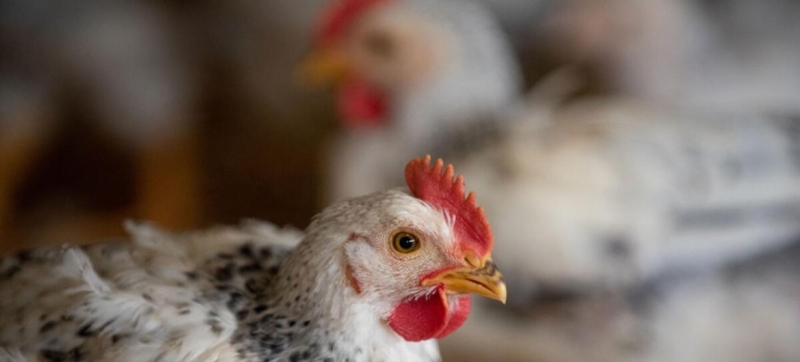
In 2026, a law banning the use of antimicrobial drugs for preventive purposes in livestock farming, fishing and beekeeping will come into force in Ukraine. Ukrainian farmers are preparing to raise healthy chickens Economic Development
A competition to find new ways to reduce the misuse of antibiotics in farm animals in Ukraine has produced promising results showing how improving the gut health of chickens can help improve immunity and reduce the number of bacteria resistant to antibiotics.
Changes in prescribing
Excessive and inappropriate use of antimicrobials to prevent disease and promote growth in farm animals is a major driver of increased resistance in pathogens that can infect humans and animals. All this has led to the need for global efforts to reduce their inappropriate use.
It is predicted that in 2026 a law banning the use of antimicrobial drugs for preventive purposes in livestock farming, fishing and beekeeping will come into force in Ukraine. This ban sparked a competition to find new ways to minimize or prevent the overuse and misuse of antibiotics. The competition was organized by the European Bank for Reconstruction and Development (EBRD) and the Food and Agriculture Organization of the United Nations (FAO) with the support of the Ministry of Education and Science of Ukraine and the State Service of Ukraine for Food Safety and Consumer Protection.
“Thanks to the enormous efforts of FAO and the EBRD to address the problem of antimicrobial resistance, farmers in Ukraine are already working to improve standards and implement stricter biosafety protocols, but much remains to be done,” said Dmitry Prikhodko, senior economist at FAO. – The authors of the winning proposal proposed to improve the gut health of broilers, which contributed to a reduction of up to 50 percent in the use of antibiotics without negative impact on poultry productivity.”
Both the chicken and the egg
The winner, Dnieper State Agrarian and Economic University, studied ways to improve the state of the digestive system and immunity of broiler chickens, which are specially bred and raised for meat, by normalizing the state of the intestinal microbiota.
Microbiota is a collection of microorganisms: bacteria, archaea, fungi and viruses that live in the digestive tract of animals. The study examined the effects of organic acids and short-chain fatty acid monoglycerides on gut barrier function as an alternative to antibiotics. They were introduced to 175 thousand broilers, after which the composition of the microbiota was studied and compared with a control population of similar size.
Results obtained through antibiotic susceptibility testing combined with microbiome composition analysis and blood testing showed a reduction in the load of pathogenic bacteria in the gut microbiota and the development of a faster immune response in the experimental group compared to the control group. There was also a reduction in some antibiotic-resistant bacteria, the most significant of which is E. coli. Feed conversion ratios and average daily gain per bird also improved slightly in the treatment group.
“We joined forces with a poultry producer to test this idea,” explained Dmitry Masyuk, director of the university’s research center. “The manufacturer already had strict standards in place regarding biosecurity, animal welfare and herd health records, which were also applied to both the experimental and control groups throughout the trial. This gives us confidence that the changes we are seeing are a direct result of our work.”
Beyond Poultry
Although this research is in its early stages, its potential contribution to global efforts to reduce antimicrobial resistance, which is listed by the World Health Organization as one of the top ten global public health threats, should not be underestimated.
“Shortly before the war, meat and dairy products accounted for about a quarter of the total diet in Ukraine: they accounted for 20 percent of all household expenditures, and their production was an important industry ensuring food security and the development of the rural economy, – said Vasily Govgera, head of the EBRD’s agribusiness advisory group. “Preliminary results suggest that incorporating specific interventions to reduce reliance on antibiotics into an enhanced package of measures to improve biosecurity, implement hygiene protocols and improve standards could benefit the poultry and other livestock sectors through further investment and capacity building across the production system.” .
